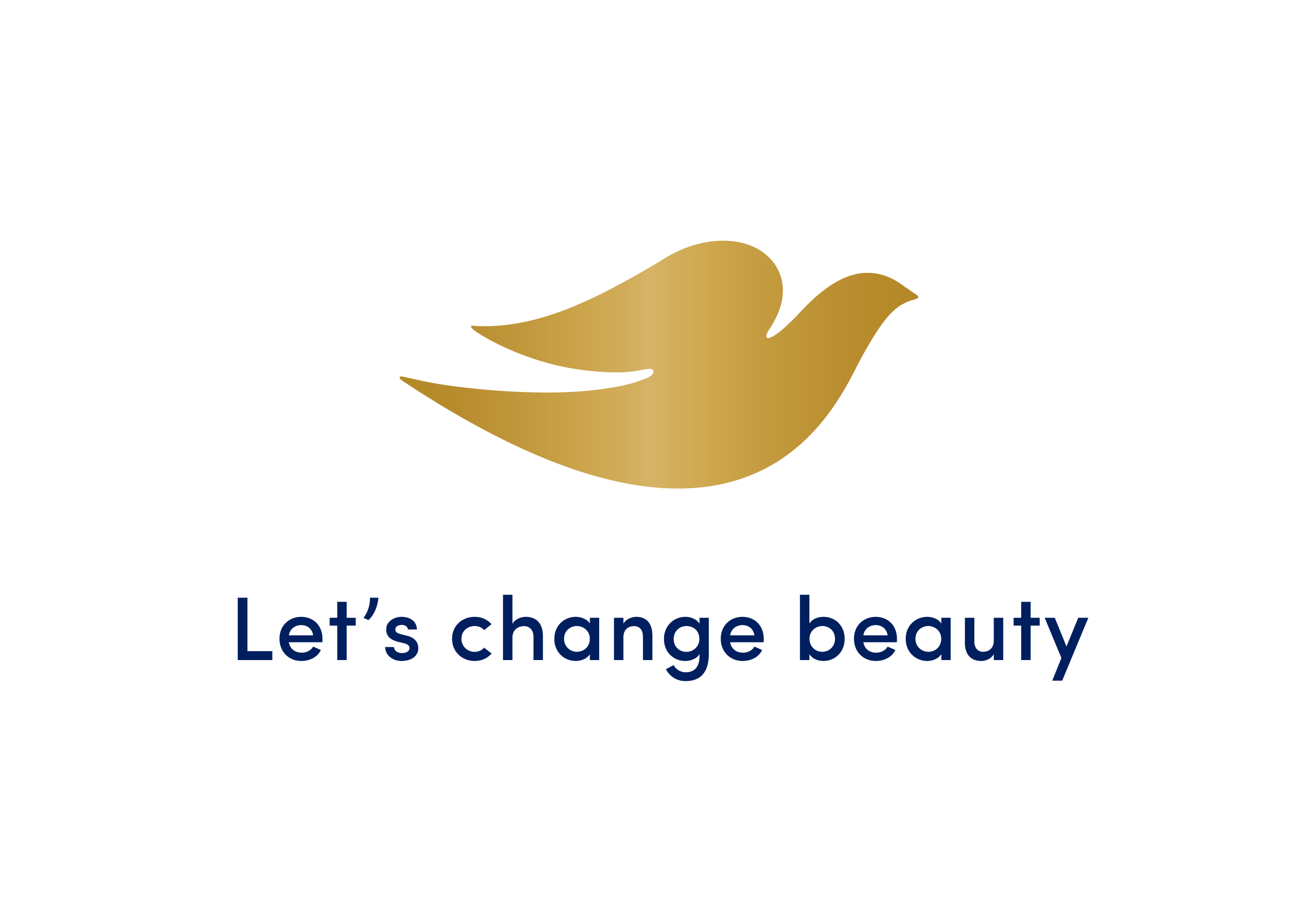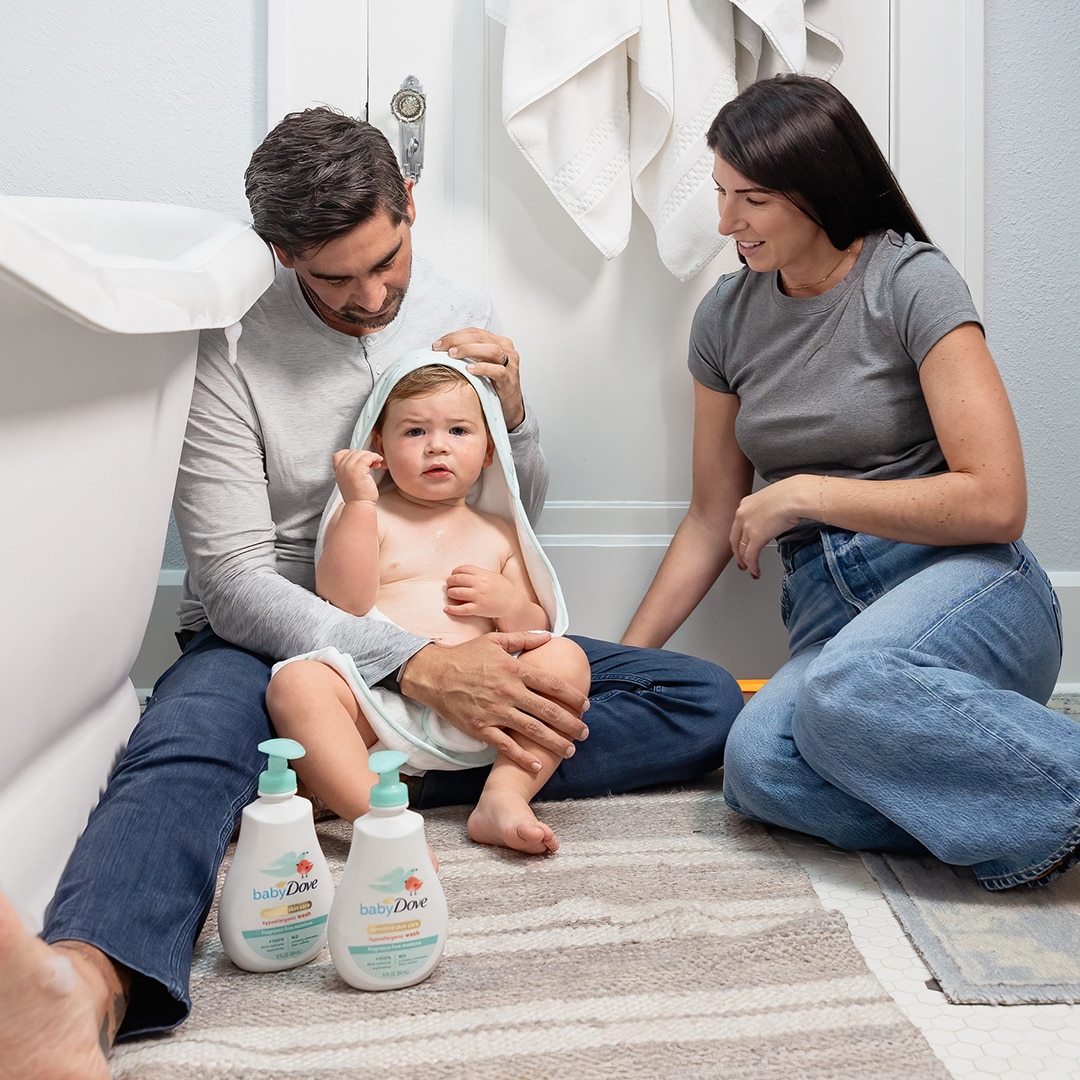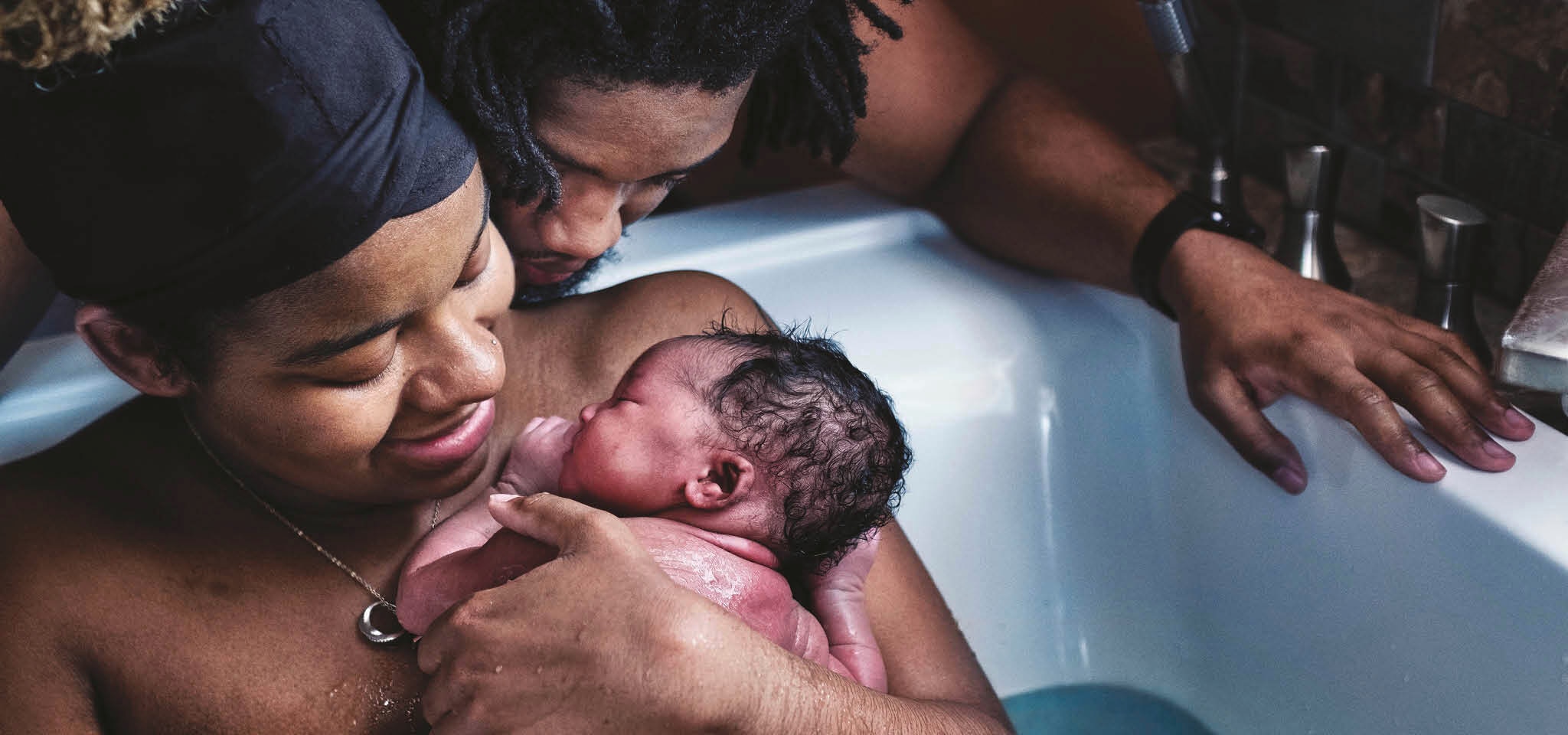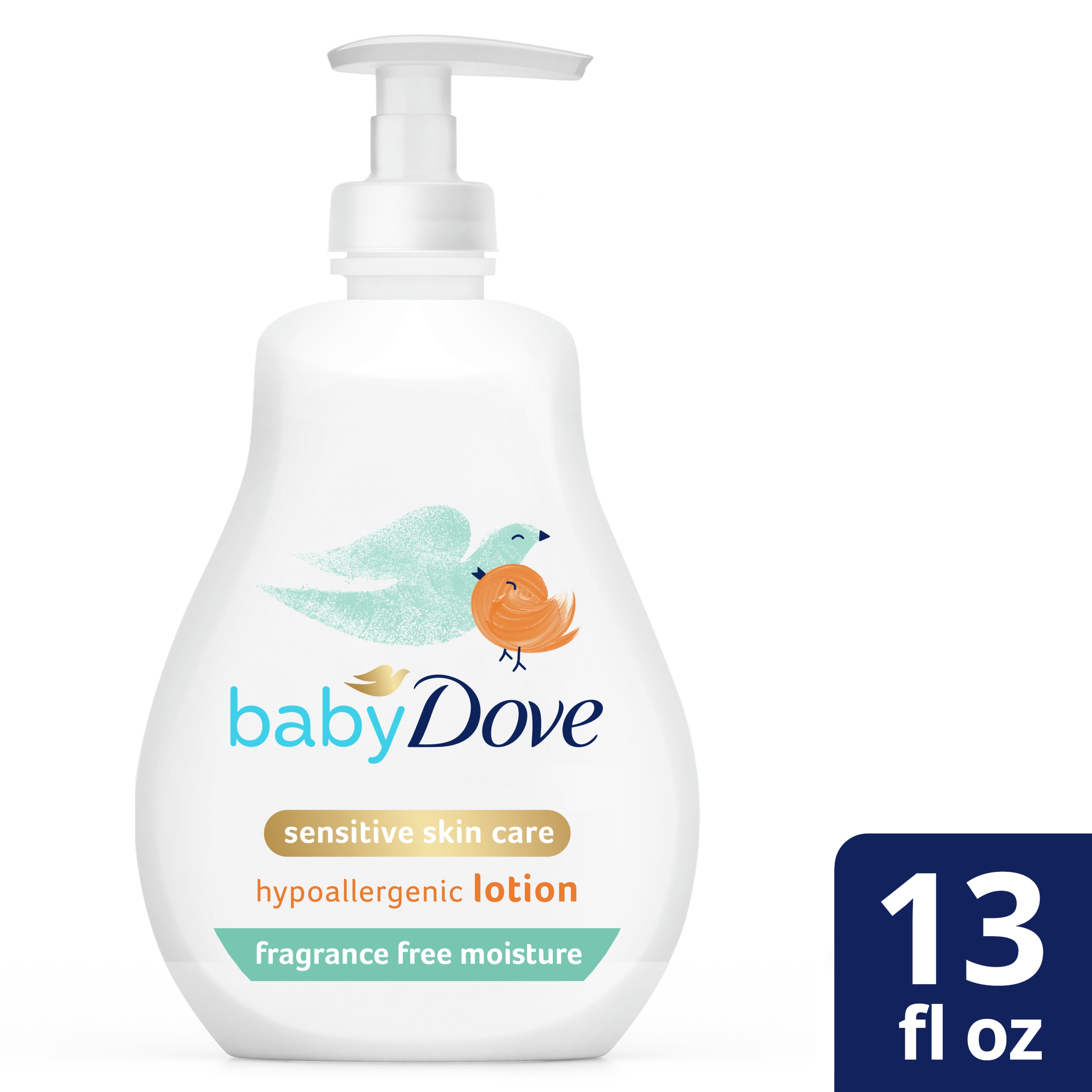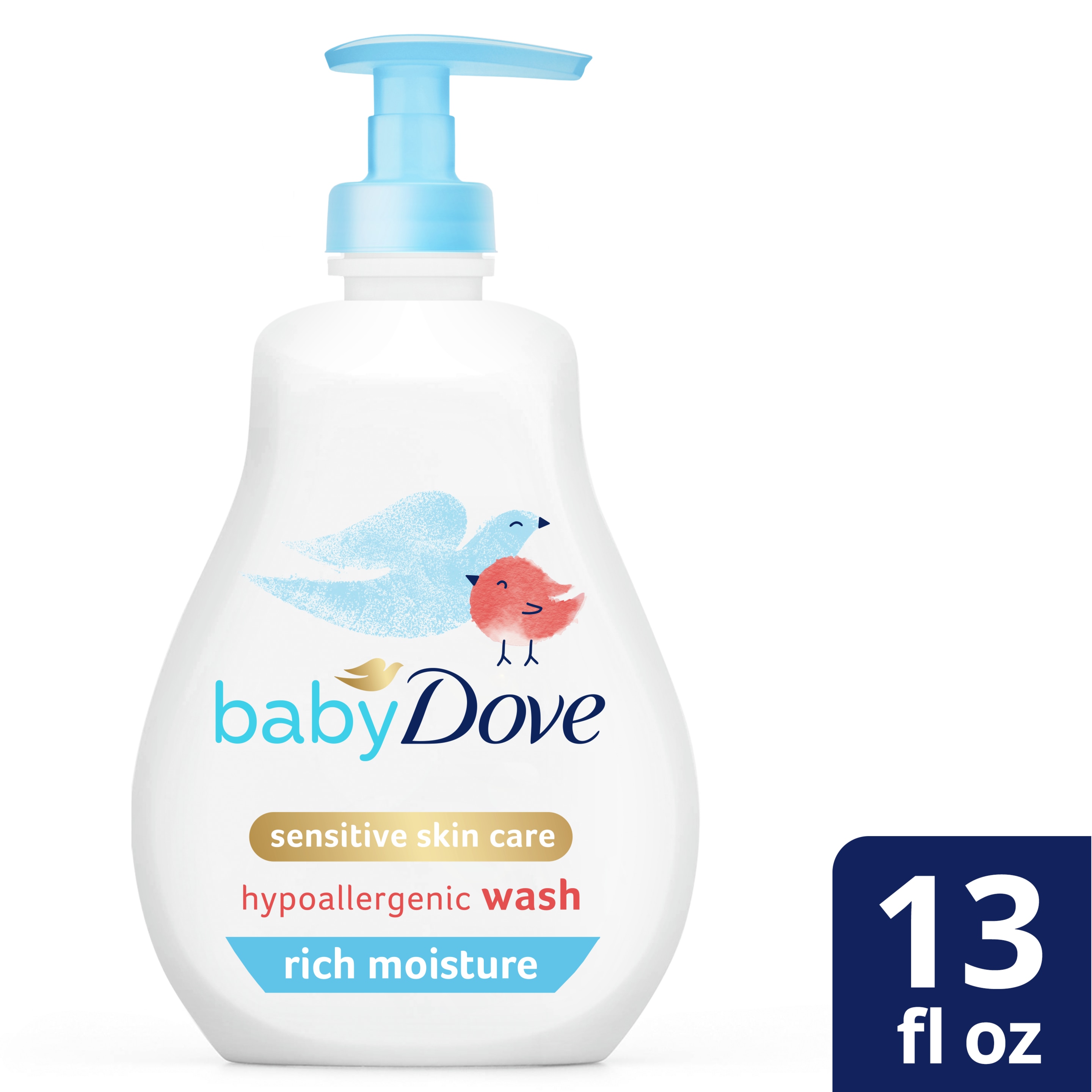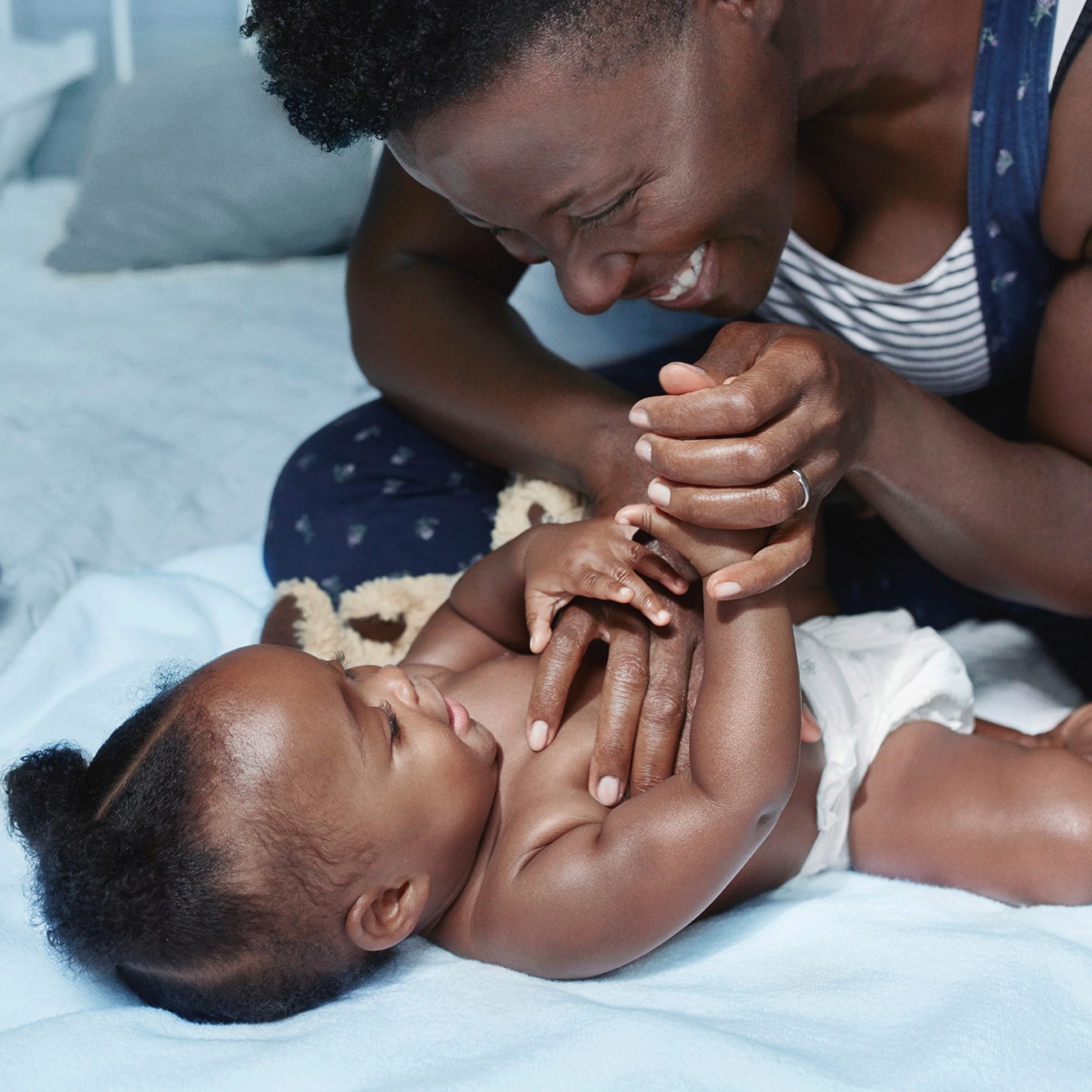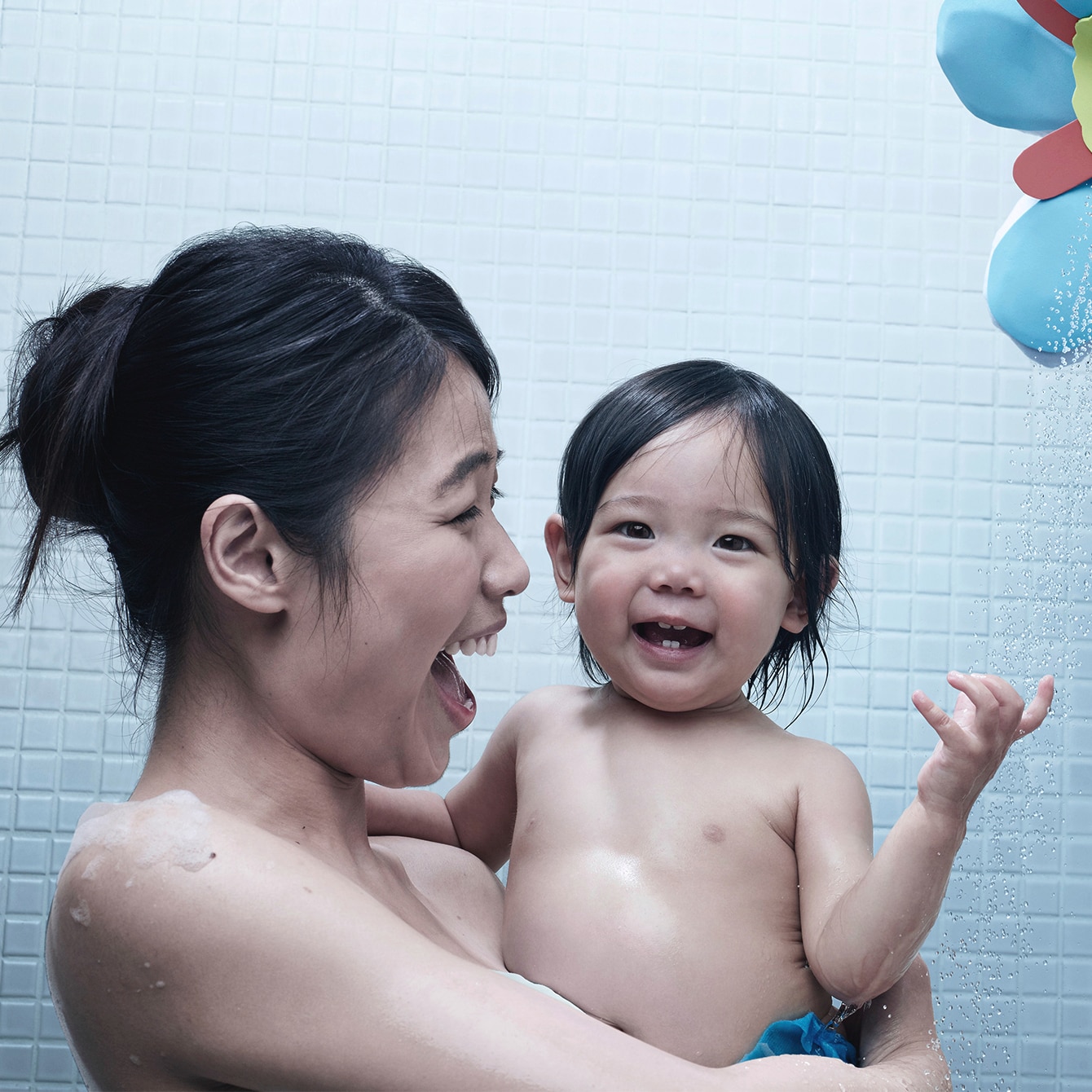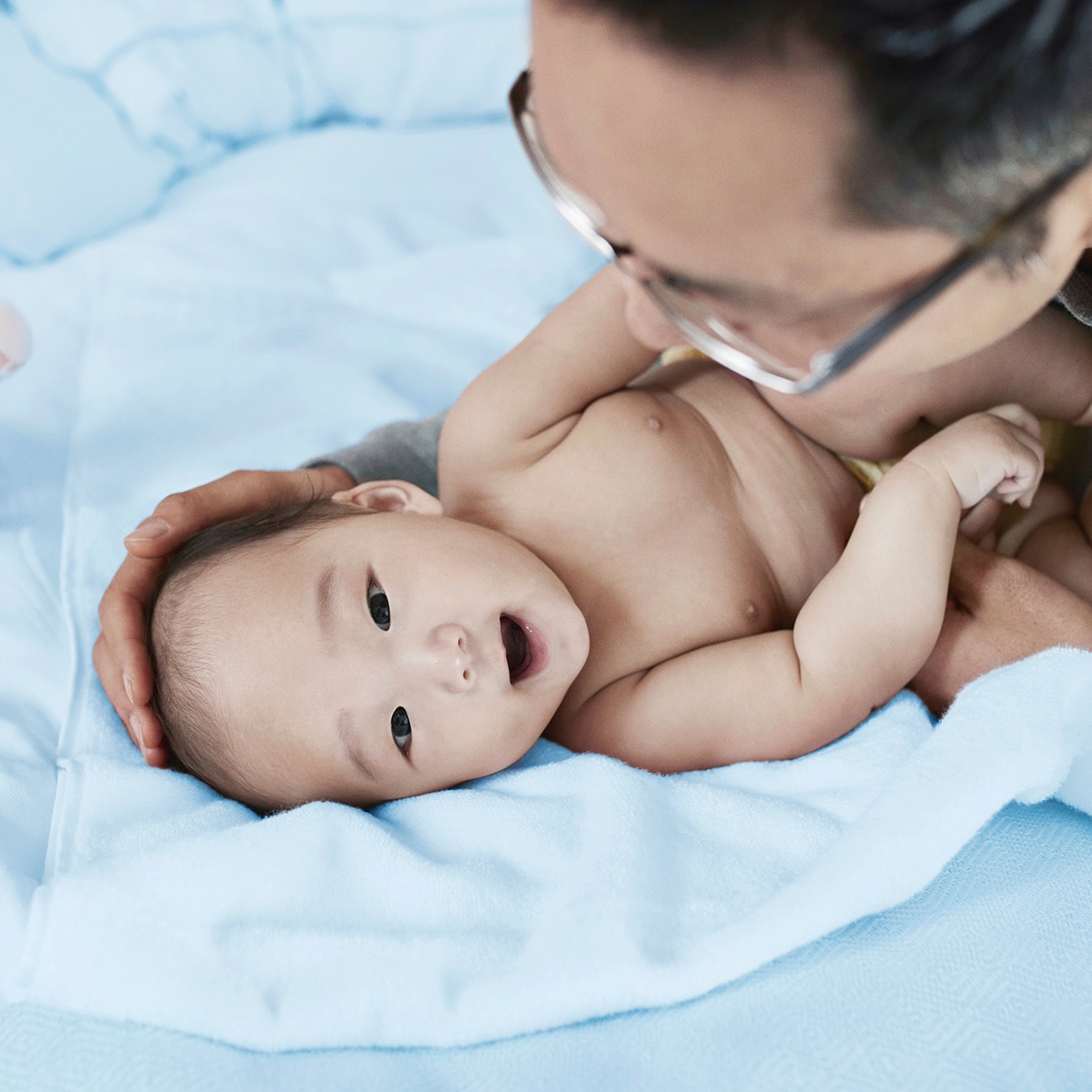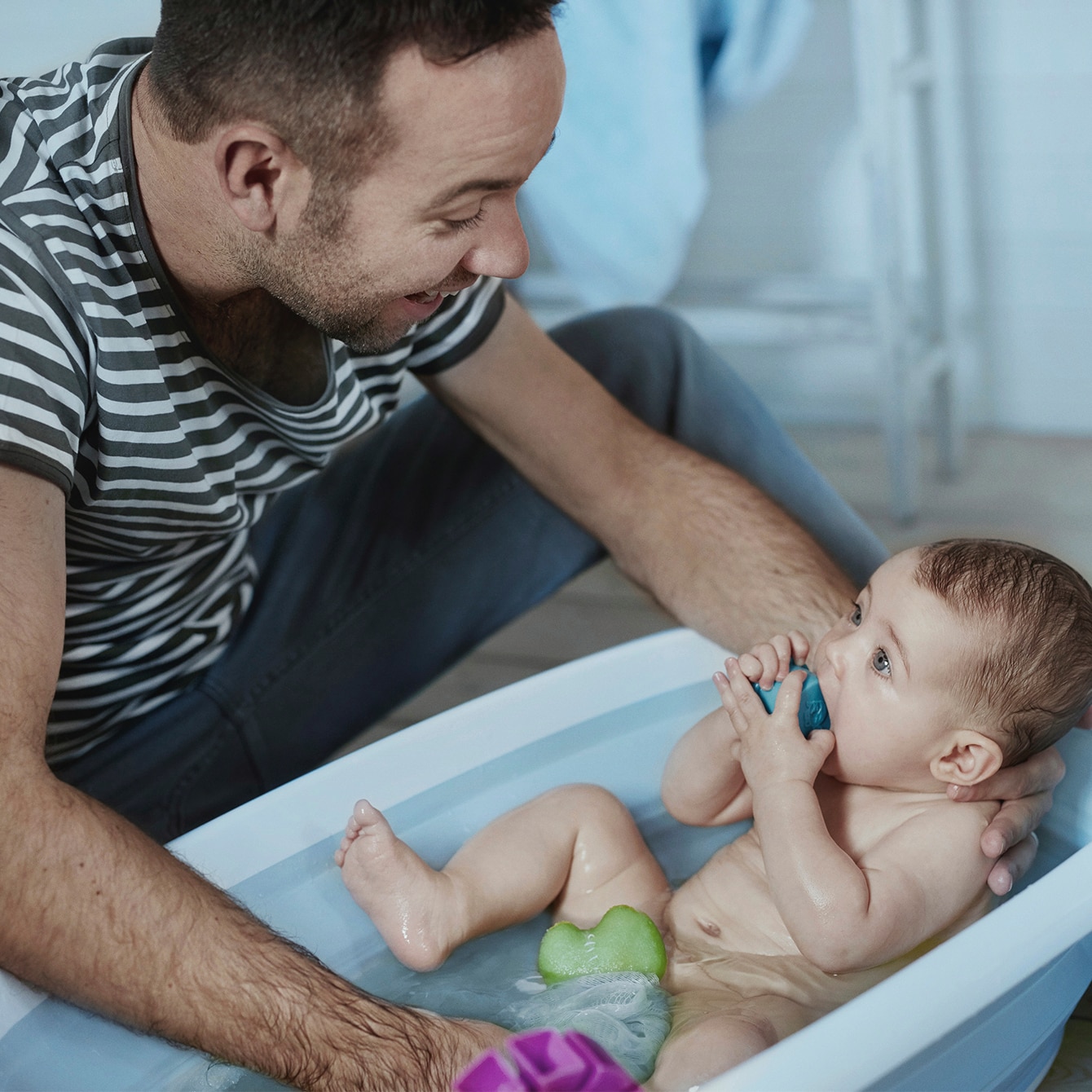Though no two births are the same, there’s one thing that every baby has in common. They’re all born with a unique microbiome which can be influenced by the mode of delivery, their genetics, and even where you live. And though there’s still a lot to learn about the microbiome, most scientists and physicians agree that the microbiome development starts in the first months of life. “Not only is it important to prevent cuts and cracks in that protective barrier,” say board-certified dermatologists Dr. Mariwalla and Dr. Gohara, “but, believe it or not, it is equally important to nourish the natural bacteria that live on our skin.” That’s why Baby Dove Tip-to-Toe Wash and Lotion are made with prebiotic moisture – prebiotics nourish the ‘good bacteria’ in your baby’s skin microbiome, helping to promote healthy and resilient skin. Want to know how to care for the microbiome? Here are a few newborn skin care tips to help keep your baby’s skin happy and healthy.
Dr. Mona Gohara, MD, FAAD
@monagoharadermdoc
Dr. Kavita Mariwalla, MD, FAAD
@mariwalladermatology
